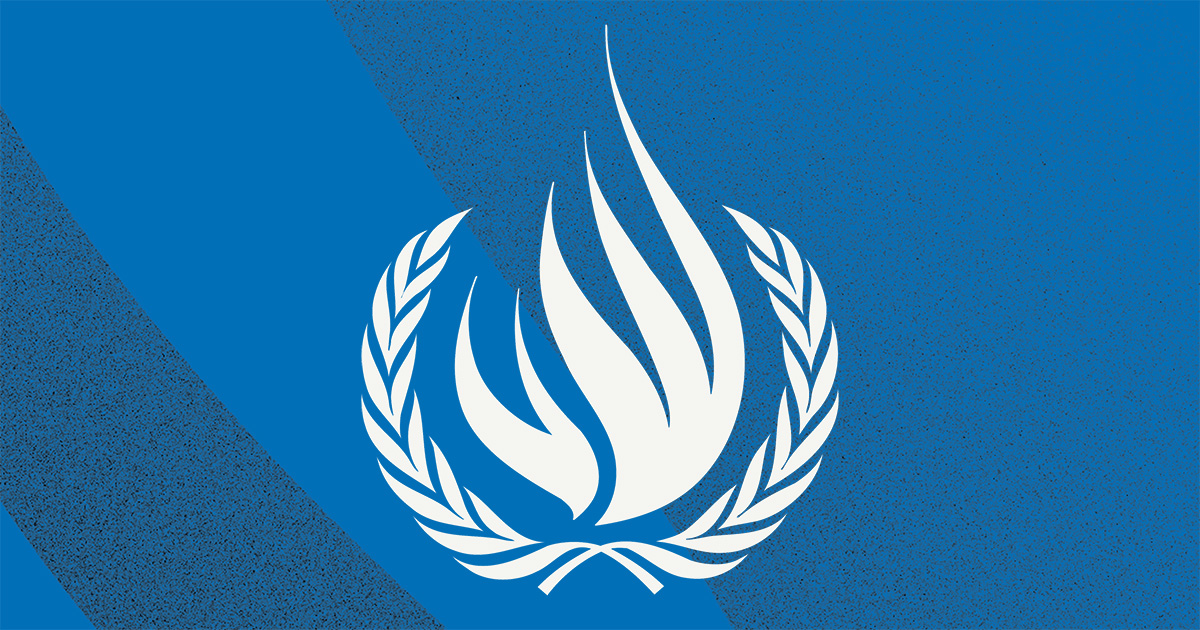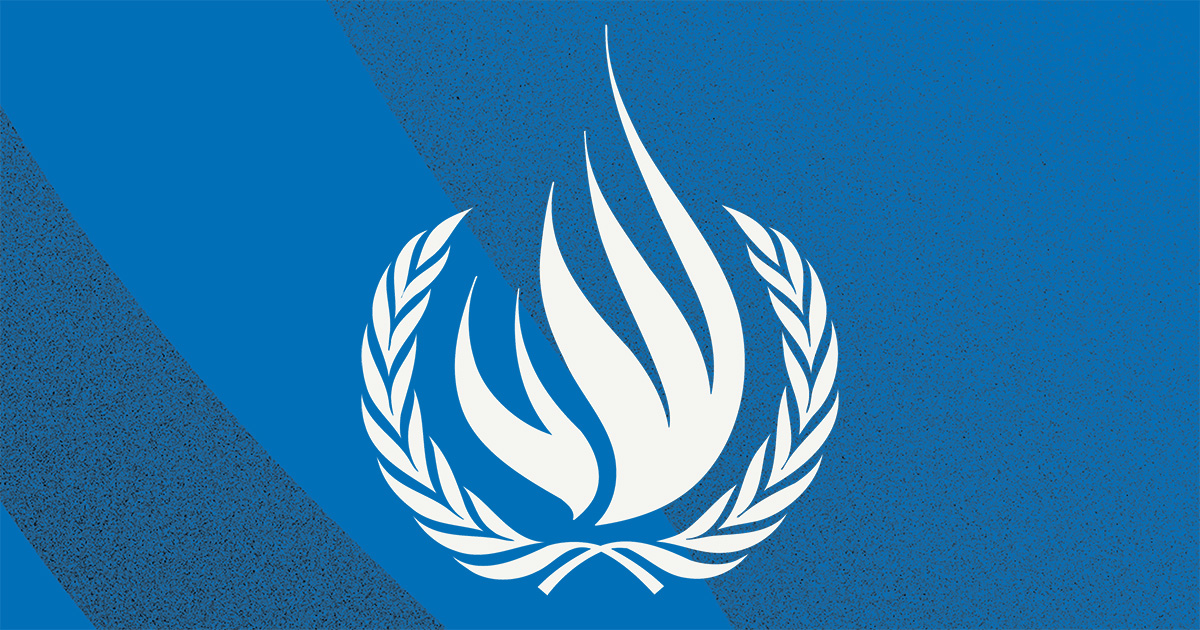
Efforts by Israel’s intelligence agencies to undermine and influence the international criminal court (ICC) could amount to “offences against the administration of justice” and should be investigated by its chief prosecutor, legal experts have said.
Responding to revelations about Israeli surveillance and espionage operations against the ICC, multiple leading international law experts said the conduct of Israeli intelligence services could amount to criminal offences.
The disclosures about Israel’s nine-year campaign against the court were published on Tuesday as part of a joint investigation by the Guardian, the Israeli-Palestinian publication +972 Magazine and the Hebrew-language outlet Local Call. It details how the country’s intelligence agencies were deployed to surveil, hack, put pressure on, smear and allegedly threaten senior ICC staff.
The ICC’s prosecutor, Karim Khan, last week announced he was seeking arrest warrants for war crimes and crimes against humanity for Hamas and Israeli leaders. The decision to seek warrants against Israel’s prime minister, Benjamin Netanyahu, and defence minister, Yoav Gallant, were the first time an ICC prosecutor had taken action against the leaders of a close western ally.
Before Tuesday’s revelations, Khan had alleged that unspecified attempts to “impede, intimidate or improperly influence the officials of this court” had already been made by unnamed parties. Such conduct could constitute a criminal offence under article 70 of the court’s founding statute relating to the administration of justice.
Toby Cadman, a British barrister specialising in international criminal and humanitarian law, said the Guardian’s findings were “deeply disturbing” and include allegations that “constitute an attempt to pervert the course of justice through the use of threats” to the former ICC prosecutor Fatou Bensouda.
“It is quite clear that these are matters that fall within the jurisdiction of the ICC, in particular under article 70 of the statute. Any person who has attempted to obstruct the independent investigations of the prosecutor must face the consequences,” Cadman said.
Longtime observers of the ICC said Israel’s actions warranted further investigation. Matt Cannock, the head of Amnesty International’s centre for international justice in The Hague, said: “It is abundantly clear that many of the examples highlighted in the reporting would amount to [article 70 offences]. Such charges should be brought against anyone who has sought to impede, intimidate or corruptly influence the ICC’s officials.”
Another ICC expert, Mark Kersten, an assistant professor in criminal law at the University of the Fraser Valley in Canada, said: “It is hard to imagine what could be a more blatant attempt to wrongfully interfere in a prosecutorial process.”
A spokesperson for Netanyahu’s office said the Guardian’s questions and requests for comment were “replete with many false and unfounded allegations meant to hurt the state of Israel”.
Washington, alongside the British and German governments, has opposed Khan’s decision to seek arrest warrants for Israel’s leaders. Some Republican members of the US Congress have called for sanctions to be imposed against the ICC in response, but the White House said on Tuesday it would not do so. Like Israel, the US is not a member of the court.
On Tuesday, the US state department spokesperson, Matthew Miller, said he had read the Guardian report and that the US opposes “threats or intimidation” against members of the international criminal court.
“I don’t want to speak to hypotheticals about what the United States may or may not do,” he said. “But of course we would oppose threats or intimidation against any public official.”
The ICC’s 124 member states must act on the findings to send a clear message to actors attempting to sabotage the court’s work, several experts said.
Danya Chaikel, the International Federation for Human Rights’s representative to the ICC, said: “These allegations should be a wake-up call for the state parties to what’s at stake. They need to rally together and support the court that they built.
“To maintain the international justice system, it needs to be protected from threats, especially egregious threats against those given the huge responsibility of working for all of us to prosecute the worst crimes known to humanity.”
A senior Palestinian official, who asked not to be named in order to speak freely, said: “Tactics that have been used against Palestinians living under occupation have now been used against international officials from some of the world’s most important institutions. This investigation shows that Israel’s belief in its impunity now goes beyond Palestine’s borders.
“The international community now has two options. Either change course and protect international law and international institutions, or destroy the rules-based order for the sake of defending Israel.”
Adil Haque, a law professor at Rutgers University in New Jersey, said that as article 70 offences carry a five-year statute of limitations, the prosecutor’s office should move quickly if it wishes to investigate and that member states should offer their assistance.
“This is the behaviour of a crime family, not the conduct of a state, and member states should say so,” Haque said.
Asked whether the prosecutor was considering article 70 investigations in light of the Guardian’s disclosures, a spokesperson for Khan’s office said they could not comment further beyond warnings Khan made this month that “all attempts to impede, intimidate or improperly influence the officials of this court must cease immediately”.
The Guardian investigation comes after a bruising week for Israel on the international stage.
The unprecedented decision to seek arrest warrants for Netanyahu and Gallant was followed on Friday by a ruling from the international court of justice, which arbitrates disputes between countries, ordering a halt to Israel’s devastating offensive on the southern Gaza city of Rafah.
In the same week, Ireland, Norway and Spain formally recognised a Palestinian state. Israel responded by recalling its ambassadors from Dublin, Madrid and Oslo, and withholding tax revenues from the West Bank’s semi-autonomous Palestinian Authority.
About 1,200 people, mostly civilians, were killed in Hamas’s assault on 7 October, with a further 250 taken hostage, and about 35,000 people have been killed by Israel in the ensuing war in Gaza, according to the Palestinian health ministry, which does not differentiate between civilian and combatant deaths.
A hostage and prisoner release deal in November collapsed after a week, and ceasefire negotiations since have repeatedly foundered.










